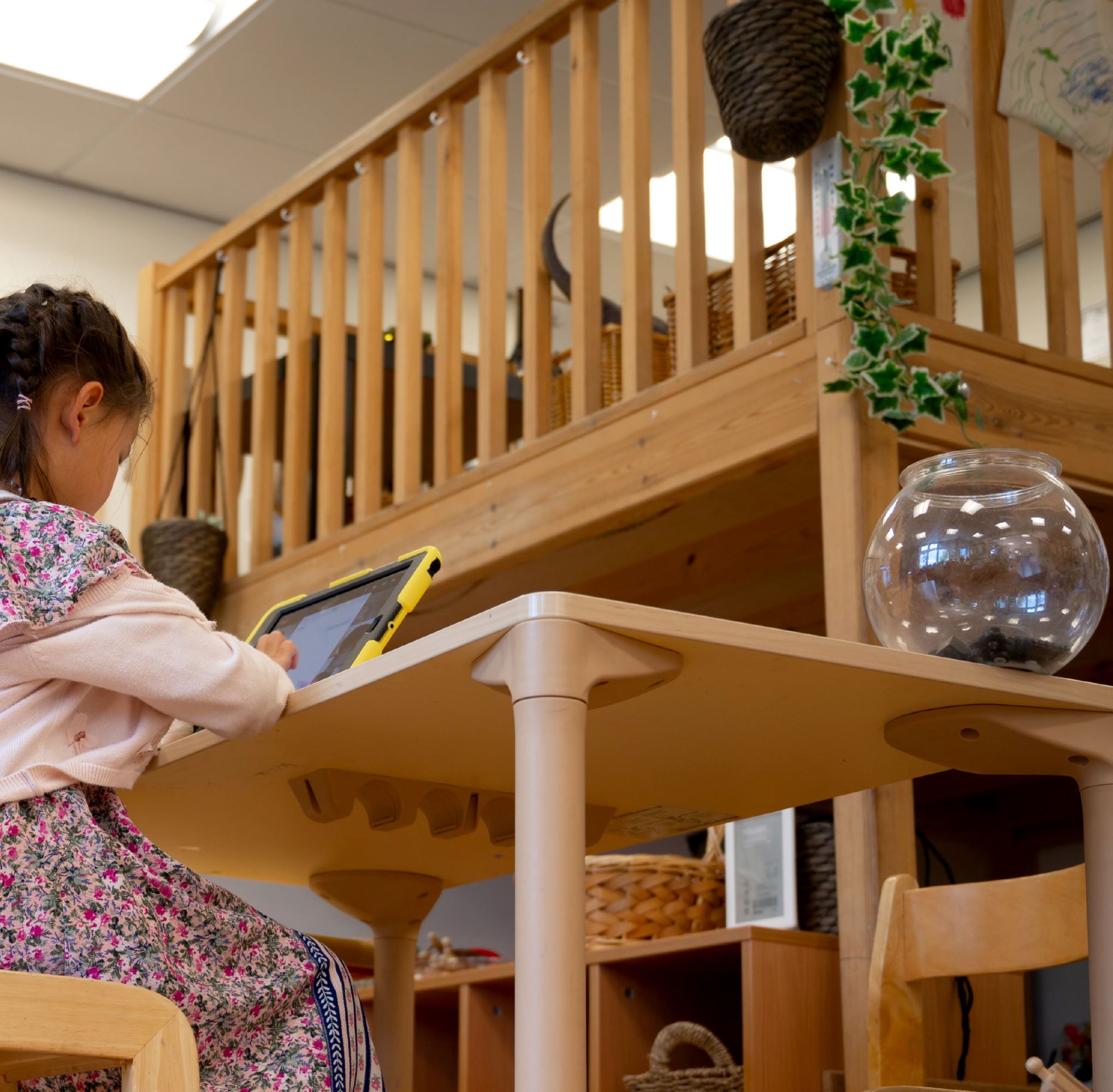School at Home in Michigan
“My child needs to learn at home this year... What do I do?”
Due to current conditions, many Michigan parents are concerned about what schooling will look like starting this fall. The following resources are for parents who are wondering what options are available to keep their child learning at home and what’s required to pursue those choices:

Homeschool Basics
Michigan parents have the right to homeschool their children. Under the state’s homeschool law, parents do not need to have a state education certificate or specific degree. Parents who homeschool also do not have to notify officials of their decision or report on their activities. They do need to provide for kids age 6-18 an organized educational program in mathematics, reading, English, science and social studies, and keep basic records of their children’s
Parents may wish to consult the state’s academic content standards to see what children are expected to learn by subject and grade level. Many resources are available to help families understand different homeschool methods and choose an appropriate curriculum.
The option also exists to register as a nonpublic school to provide home-based education, as long as the parent or someone selected by the parent to teach has a recognized certificate or permit. Choosing this option requires parents at the beginning of the school year to notify the local superintendent of their name and address, and the names and ages of the children being educated.
More information on these and similar topics is available from the Michigan Department of Education and the Home School Legal Defense Association (including a support site geared toward moms who are new to educating
Video from the July 2020 Homeschool 101 event also gives parents more insights on options and practical tips for home-based learning in Michigan.

Co-Ops, Partnerships and Extra Courses
When it comes to homeschooling, you don’t need to do it on your own!
Homeschool students in grades K-12 may also enroll in nonessential elective courses in a district or charter school. Contact the district where you live to learn about options.
Some districts offer virtual elective courses available to homeschool students, even for those who live outside the district boundaries. These are often provided as part of a district-homeschool partnership. Examples include the Niles Virtual Partnership, Gull Lake Virtual Partnership and Oxford Virtual Academy. A private, faith-based version of this model can be found at the Oakdale Academy Homeschool Partnership.

Full-Time Online Public Schooling
Some Michigan families may want the benefits of learning at home, but prefer the structure or affordability of a full-time online public school program. A student may not necessarily have to live in the district that operates the program, but often are enable to enroll if they live in the same county or even a nearby region. These include Fraser Virtual K-12, Suttons Bay Virtual School
Students from anywhere in the state can enroll in tuition-free public charter schools that provide full-time online instruction. Information on some of the leading cyber school options can be found from K12, Connections Academy and Michigan International Prep School. These schools typically provide students with computers or other devices to access digital content and interaction with teachers. The group Parent Support for Online Learning has assembled a list of important questions parents should ask when looking for a virtual school program.
Finally, Michigan Virtual is a state-funded nonprofit that offers a catalog of individual online courses available to middle and high school students across the state. Students are currently limited to taking two credit-bearing courses at a time, unless the district where they are enrolled grants special permission.
Hybrid and Blended Options
Some other educational options may include a part-time in-person component for families who are comfortable with that approach. In addition to the homeschool partnerships mentioned above, a limited number of existing tuition-free programs offer flexible times for older students to learn on-site and at home. Examples include FlexTech High School and
Michigan also offers other options for learning in school part-time. At HighPoint Hybrid Academy, students learn primarily at home but spend two days a week on campus with more formalized direct support from experienced teachers. Tuition may be required for families who live outside Oakland County or a neighboring county.



